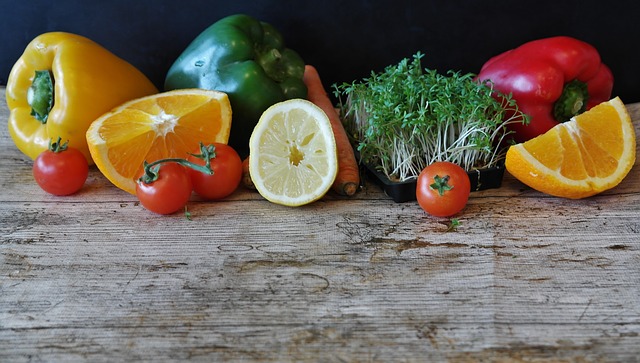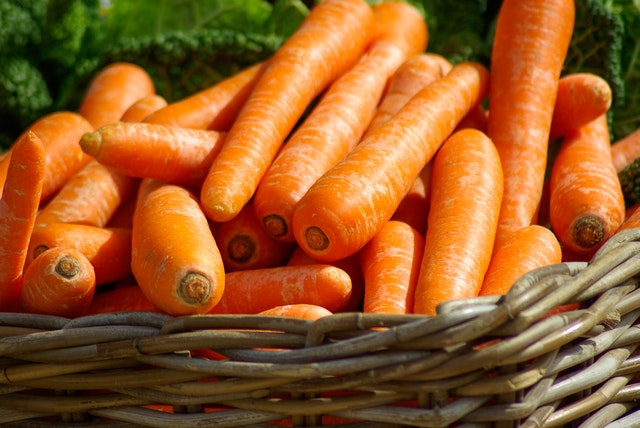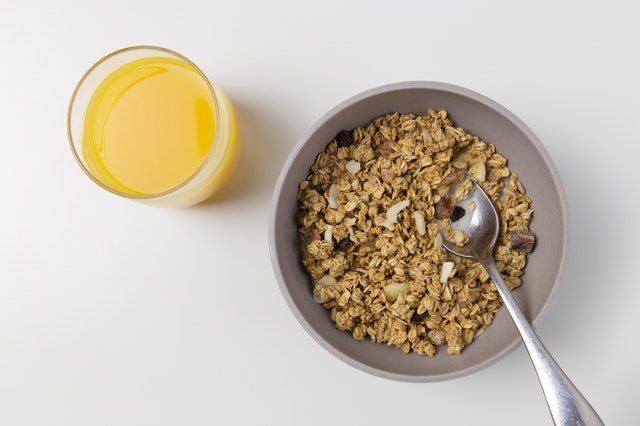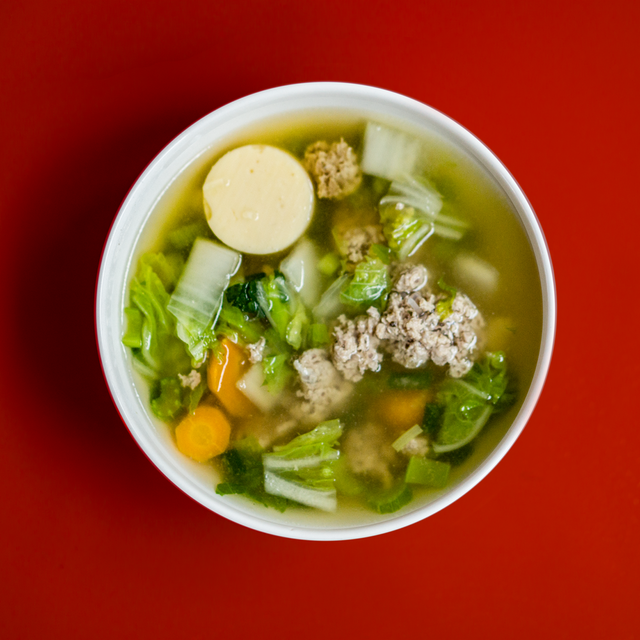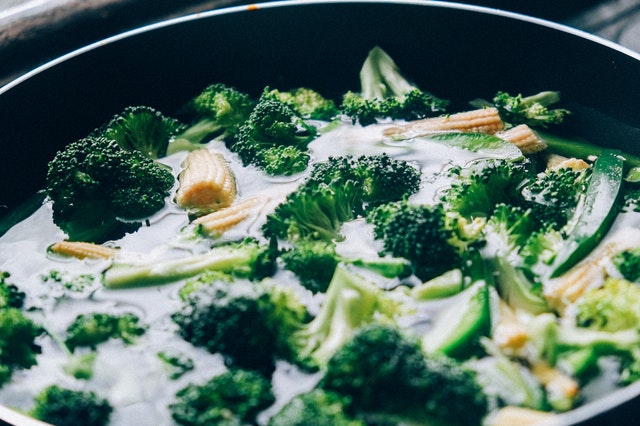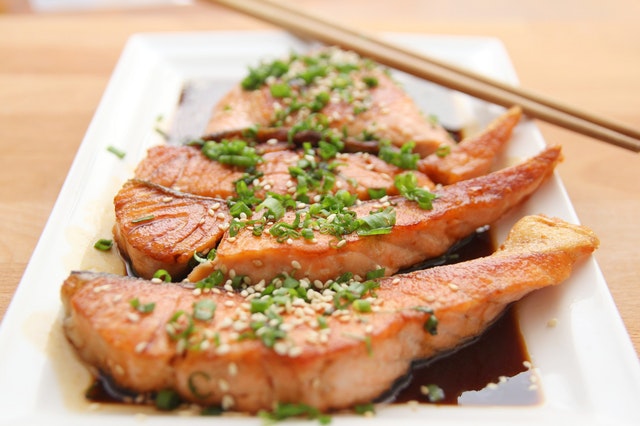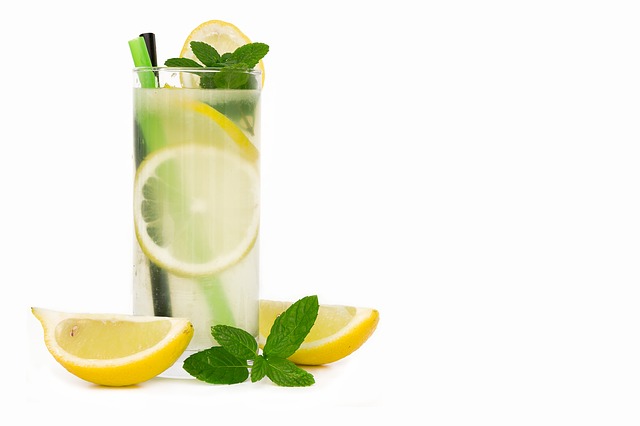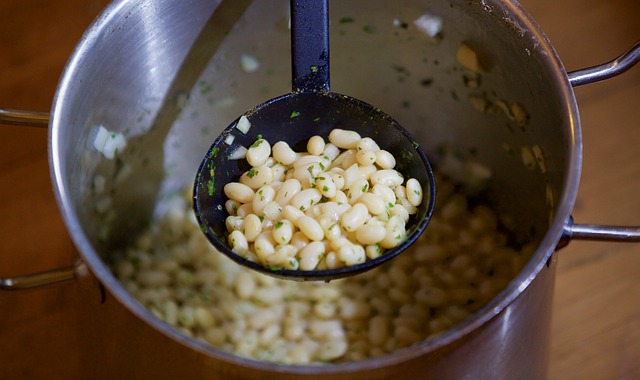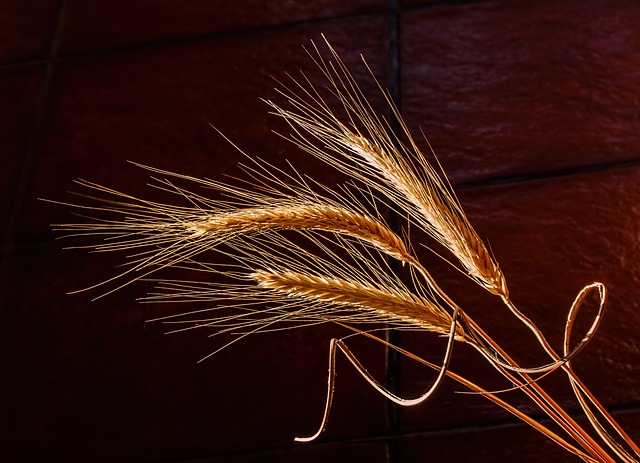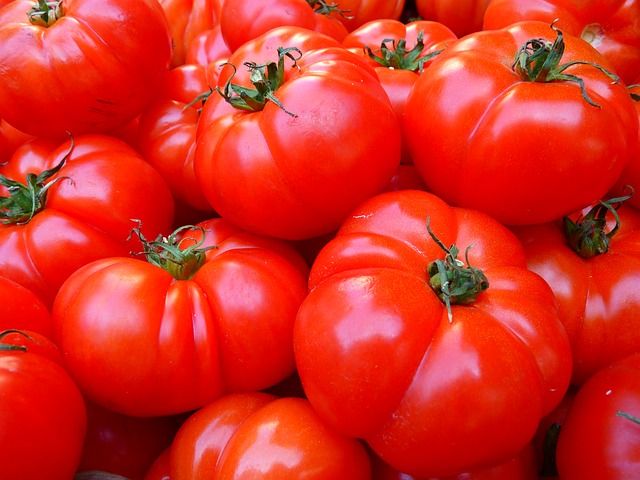Foods rich in vital nutrients
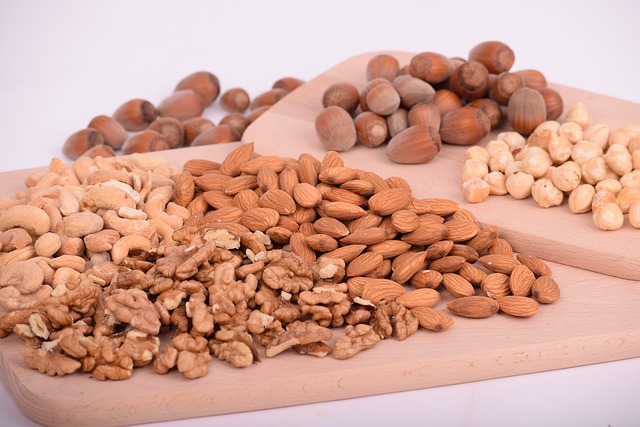
Nuts are rich in calcium, copper, iron, phosphorus, magnesium, selenium, and zinc. Experts suggest that if you consume handful of nuts everyday its good for heart health. Since nuts are very high in calories, just having a handful of them is enough. High mineral nuts include almonds and cashews.
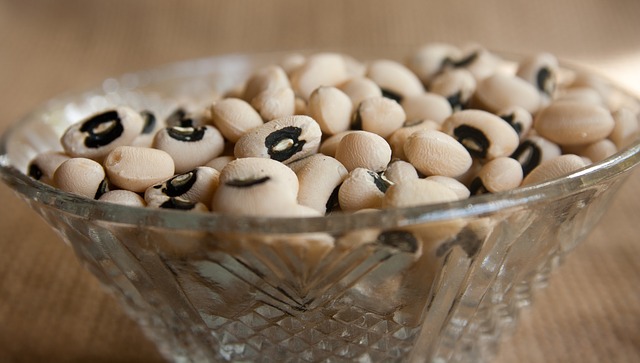
Beans are rich in copper, iron, potassium, phosphorus, magnesium, and zinc. Beans and lentils are good sources of fiber and a good vegetarian substitute of protein. High mineral beans include white beans, soybeans, chickpeas (garbanzo), and kidney beans.
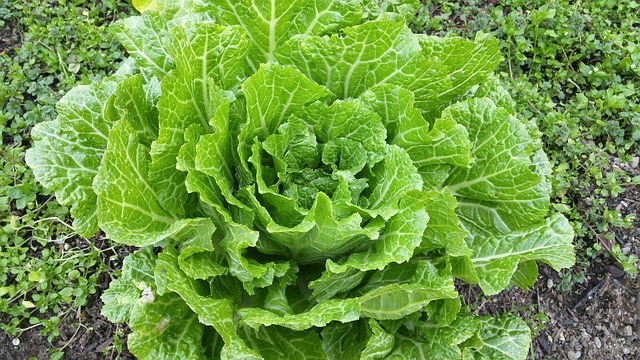
Dark Leafy Green vegetables are rich in calcium, copper, iron, potassium, magnesium, and zinc. They contain minimal calories and are good for obese people. High mineral dark leafy green vegetables include spinach, and turnip greens.
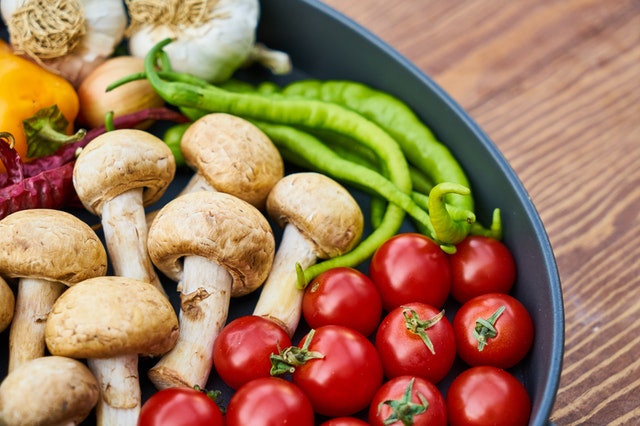
Mushrooms are rich in copper, potassium, selenium, and zinc. Mushrooms are exceptionally low in calories, and you can have them with a homemade vegetable recipe or simply add it so some salad to get its maximum benefits.
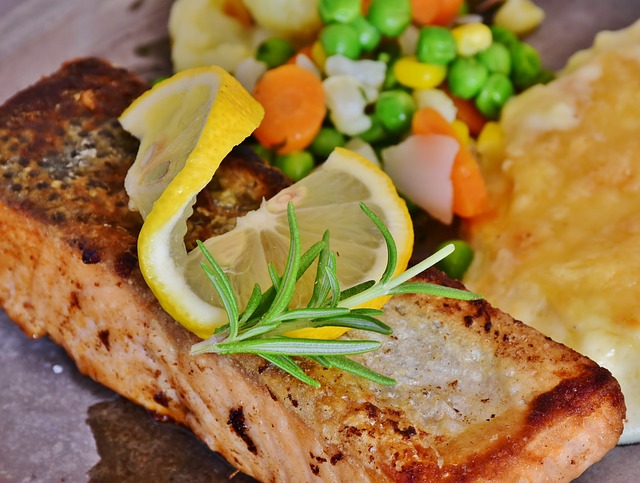
Fish is rich in calcium, potassium, phosphorus, magnesium, and selenium. It is also rich in protein, and heart healthy omega 3 fatty acids. Fish rich in minerals include salmon, tuna, and mackerel. Fish oil is also high in omega 3 fatty acids that are good for your heart health.



